Futurological Congress: a compilation of accounts of evangelists of the future

In ancient times, one person in his entire life could see no more than 1000 people, and communicated only with a dozen fellow tribesmen. Today we have to keep in mind the information about a large number of acquaintances who may be offended if you do not greet them by name at the meeting.
Significantly increased the number of incoming streams of information. For example, each of our friends constantly generates new facts about themselves. And there are people whose fate we are closely following, even without the opportunity to meet in person - these are politicians, bloggers, artists.
')
Quantity does not always turn into quality. World famous persons often generate continuous information noise, which does not affect our real life. The more interesting it is to try to isolate from the white noise the voices of those who can see further and understand more than others.
In the era of an excess of meaningless knowledge, futurologists' voices can be useful for finding new trends and understanding the mechanics of the great gears that revolve the world. Below you will find links to the accounts of the most relevant to date visionaries of the future.
Raymond Kurzweil
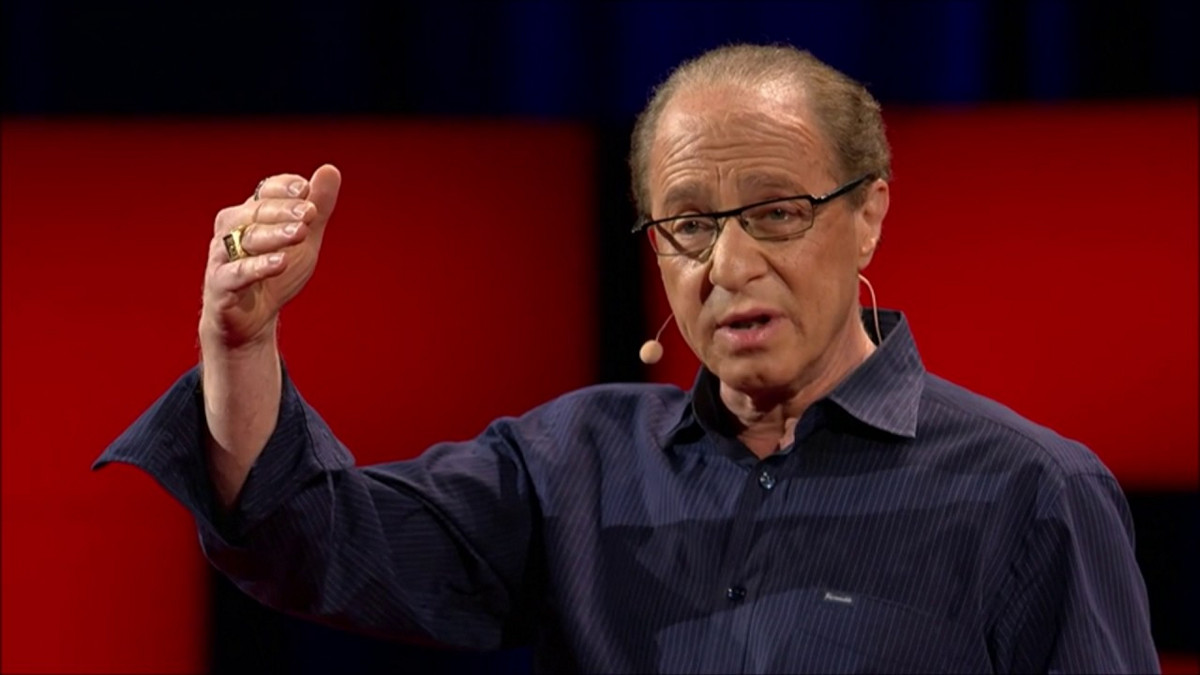
Bill Gates called Raymond Kurzweil "the best of those I know, in predicting the future of artificial intelligence." Not without reason, the famous futurologist since 2012 has held the position of technical director in the field of machine learning and natural language processing at Google.
Kurzweil believes that even during the lifetime of the current generation, a singularity will be achieved that will allow humanity to rise to a new level of evolutionary existence.
A symbiosis with strong artificial intelligence will help us to reach the next stage of the evolutionary ladder. In fact, the singularity will erase the differences between human and artificial intelligence.
According to Kurzweil, such intractable problems like climate change, lack of resources, disease, and even death will be eliminated by singularity.
Michio Kaku
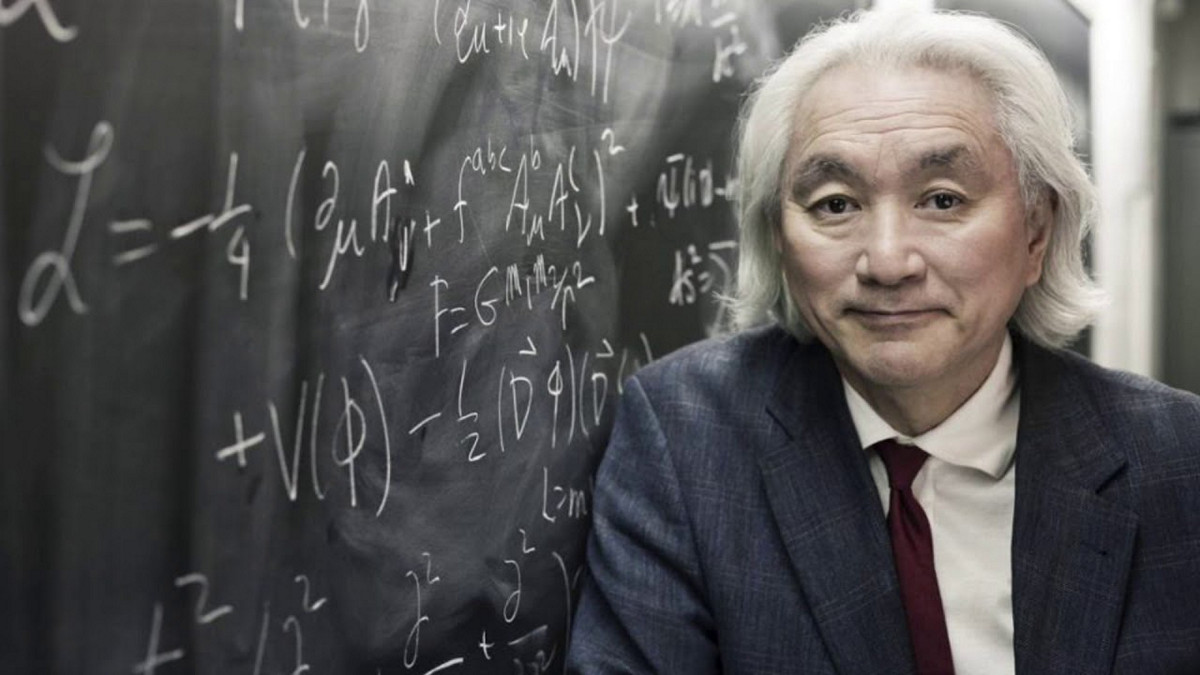
A theoretical physicist, popularizer of science with an incredibly wide range of interests - from black holes to brain research.
Michio Kaku is one of the co-authors of string theory. He has published over 70 scientific articles on the theory of superstrings, supergravity, supersymmetry, and elementary particle physics. The ardent supporter of the Multiverse - the theory of the existence of many parallel universes. Kaku suggests that the Big Bang occurred when several universes collided or when one universe was divided into two.
Jaron Lanier
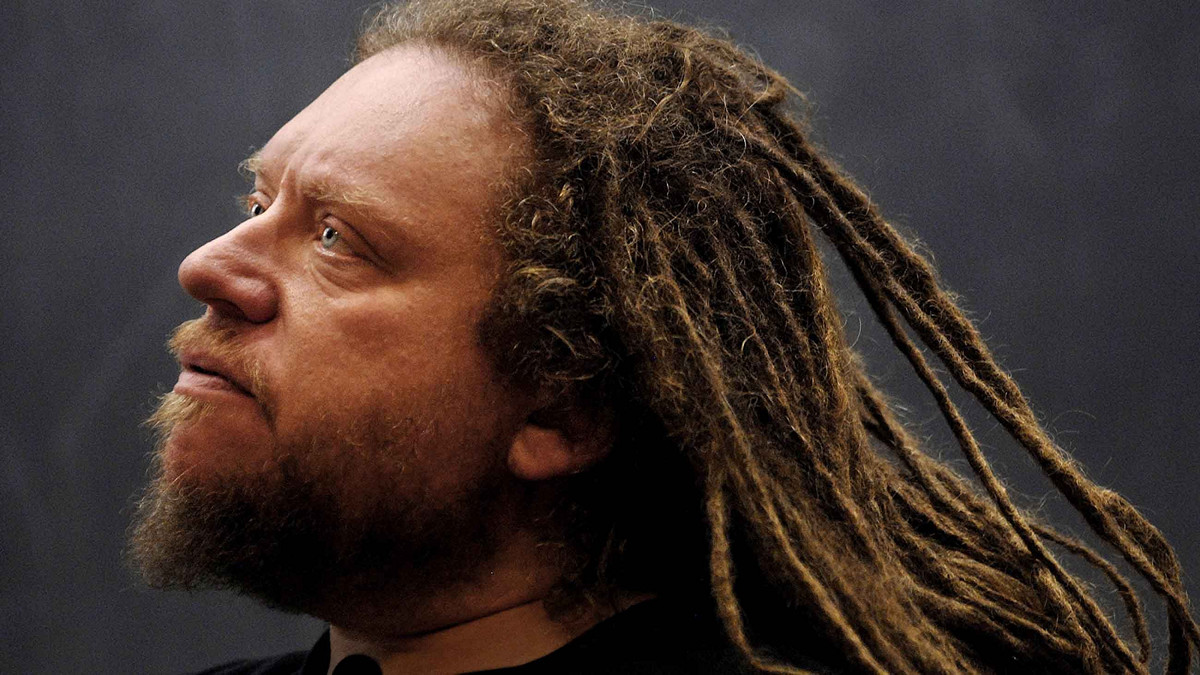
Back in the 1980s, Lanier developed the first glasses and gloves for immersion in virtual reality. Actually, he coined the term VR.
Currently working at Microsoft, deals with the problems of data visualization. Periodically appears in the media as an expert in technopessimism and the author of the book "Ten Arguments in favor of deleting your accounts in social networks right now."
For obvious reasons, does not lead pages in social networks, so we give a link to a personal site.
Yuval Noi Harari
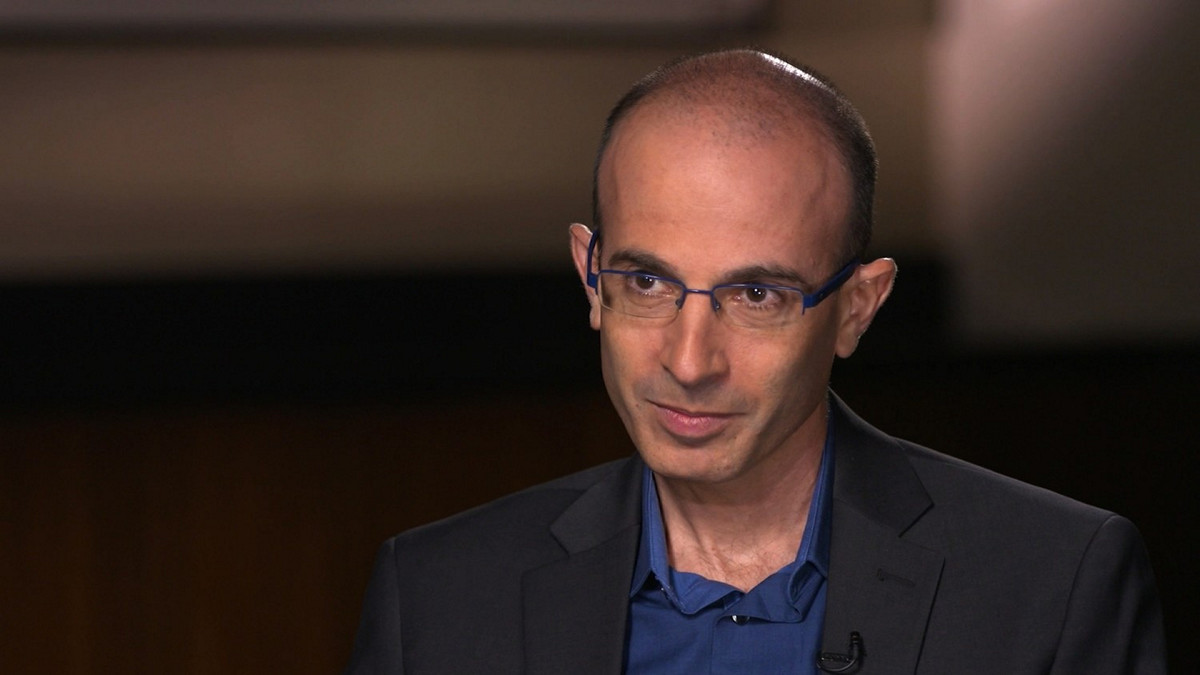
Israeli military historian specializing in the European Middle Ages. Vegan, an animal rights activist, assistant to the leading lay mentor of the later tradition of Burmese meditation Vipassana, author of two outstanding books: Sapiens: A Brief History of Humanity and Homo Deus: A Brief History of Tomorrow.
While the first book talks about the gradual movement of humankind by now, Homo Deus is a warning that dataism (thinking created by the growing importance of Big Data in the world) will do to our society and bodies in the near future.
Aubrey di gray

One of the leading socially significant fighters with the problems of age-related diseases, the chief researcher and co-founder of the SENS research fund. Dee Gray seeks to significantly increase the life expectancy of people so that death is a thing of the past.
Aubrey Dee Gray began his career as an AI / software engineer in 1985. Since 1992 he has been engaged in research in the field of cell and molecular biology at the Department of Genetics at the University of Cambridge.
In 1999 he published a book titled “Mitochondrial Free Radical Theory of Aging”, where he first outlined the key idea of his further scientific research: prevention and repair of damage accumulated by the body during aging (in particular, in mitochondrial DNA), which should help people live much longer.
David cox
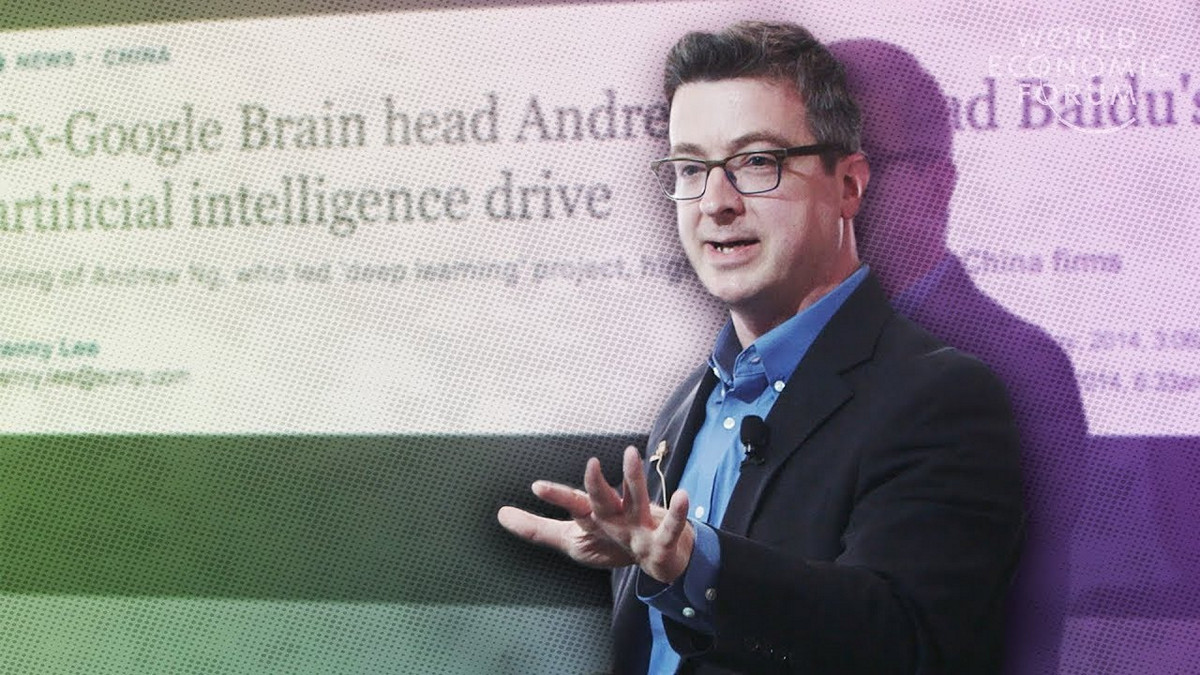
Director of the laboratory MIT-IBM Watson AI Lab, which is part of the largest industrial research organization in the world - IBM Research. For 11 years, David Cox taught at Harvard. He received a bachelor's degree in biology and psychology from Harvard, as well as a doctorate in neuroscience from the Massachusetts Institute of Technology. IBM attracted a specialist in the field of life science to deal with the problems of artificial intelligence.
Sam Altman
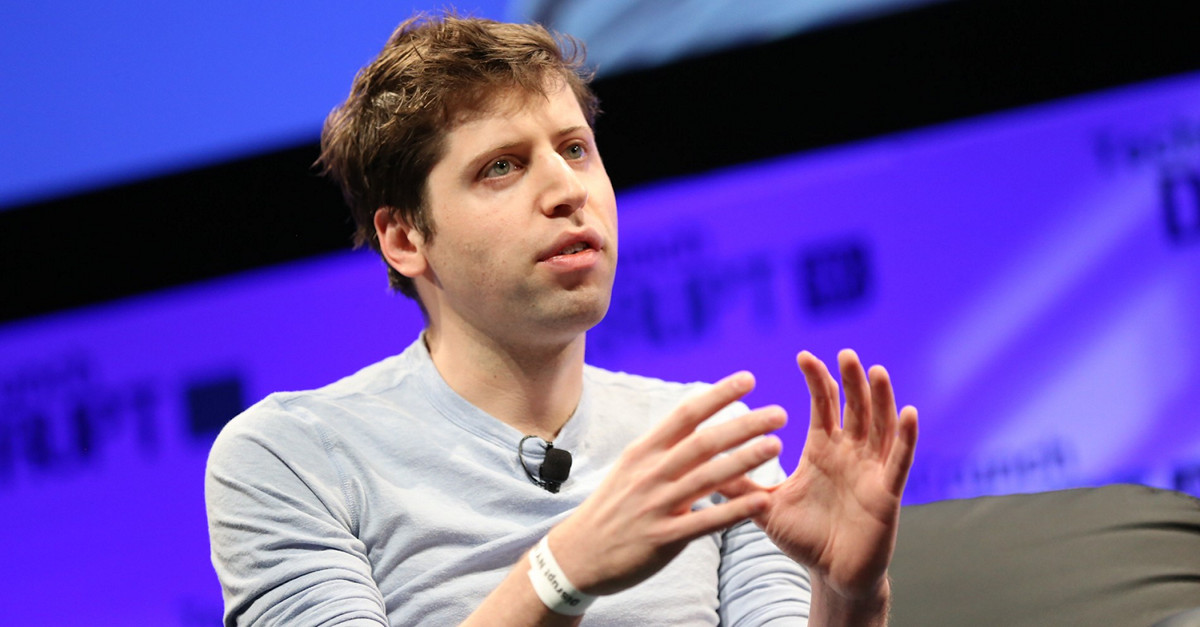
Former head and now chairman of the board of directors of one of the most famous startup accelerators, Y Combinator, one of the leaders of the OpenAI artificial intelligence research project, founded jointly with Peter Thiel and Ilon Mask (left the project in 2018 due to a conflict of interest).
Nicholas Thompson and Kevin Kelly
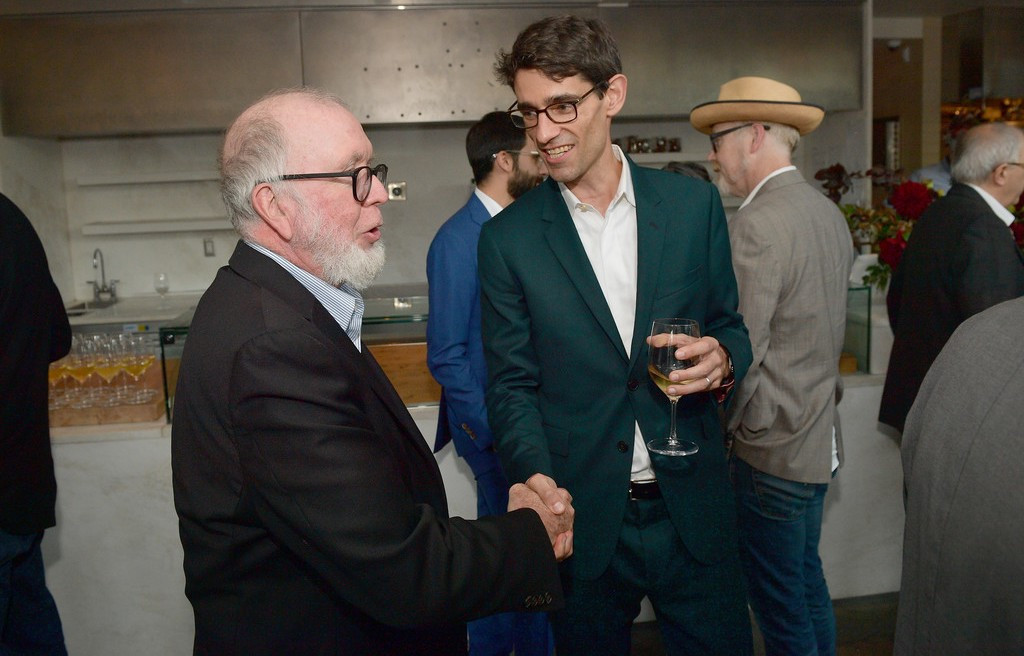
Nicholas Thompson (in the photo on the right) is a technology journalist, the chief editor of the cult edition about WIRED technologies, a leader of opinions on the development of artificial intelligence, the establishment of an authoritarian Internet and on the problems of anonymity on the Internet.
Another key employee, Kevin Kelly, co-founder of WIRED, author of the book Inevitable. 12 technological trends that determine our future. ”
Eliezer Yudkovsky
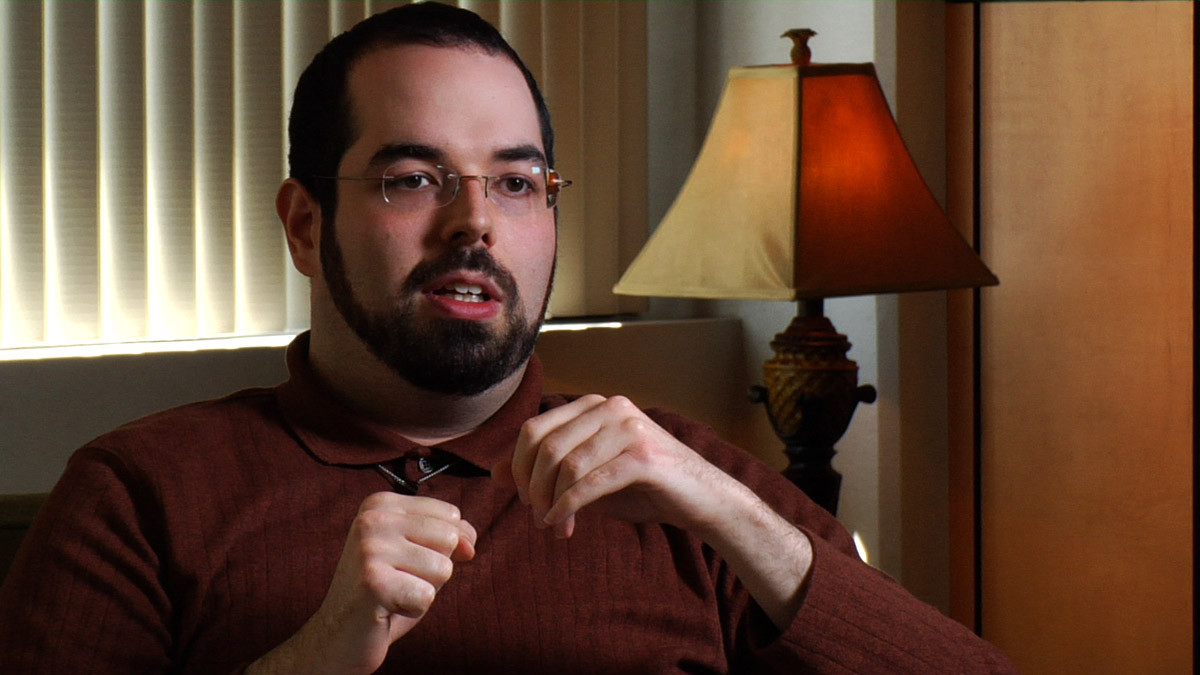
Co-founder and researcher at the Institute of Singularities for the creation of artificial intelligence, the author of the book "Creating a Friendly AI" and many articles on natural and artificial intelligence.
In non-academic circles, he is better known as the author of one of the main books of the beginning of the 21st century. on the development and application of the principles of logic in real life: "Harry Potter and methods of rational thinking."
Hashem Al Ghaili
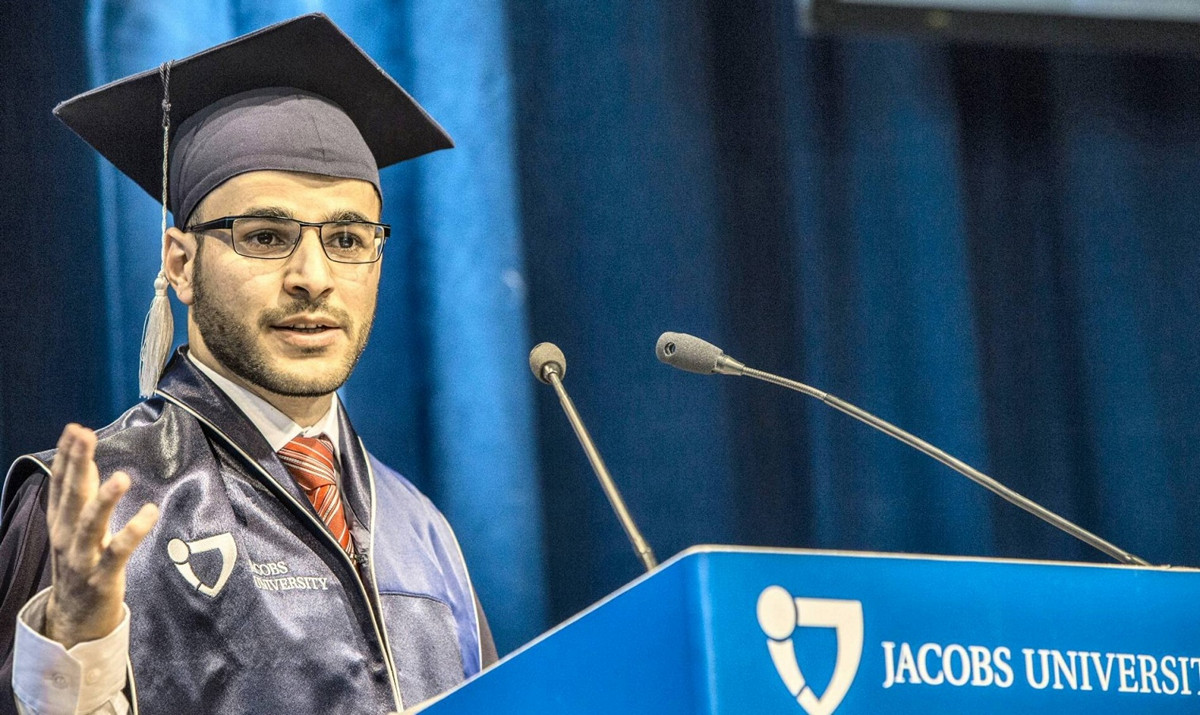
27-year-old Hashem Al Ghaili from Yemen, who lives in Germany, is the representative of a new generation of science popularizers. As the creator of scientific and educational videos, he proved that even with a small budget, you can gather a million people. Thanks to the videos explaining the results of complex studies, he collected more than 7.5 million subscribers and over 1 billion views.
Nassim Taleb
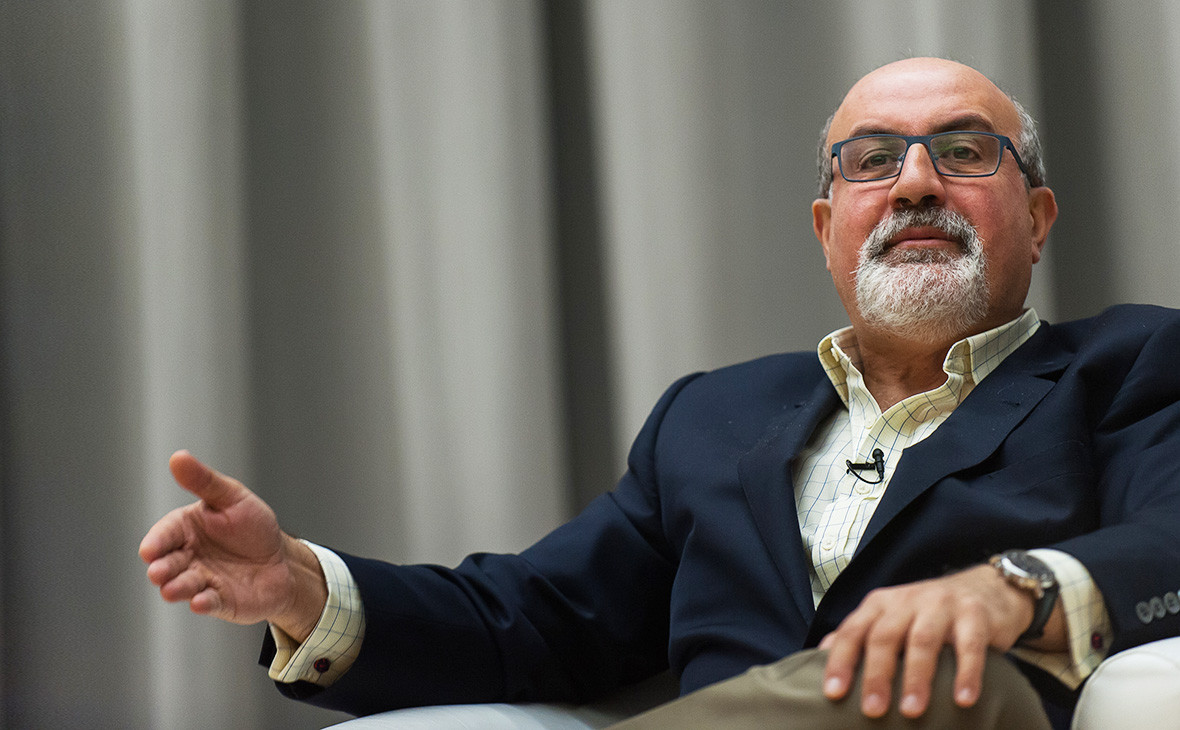
The author of the economic bestsellers "Black Swan" and "Risking his own skin. Hidden asymmetry of everyday life ”, trader, philosopher, expert in risk prediction. The main area of scientific interest is the study of the influence of random and unpredictable events on the world economy and exchange trade. According to Nassim Taleb, almost all events that have significant implications for markets, global politics and people's lives are completely unpredictable.
James Canton
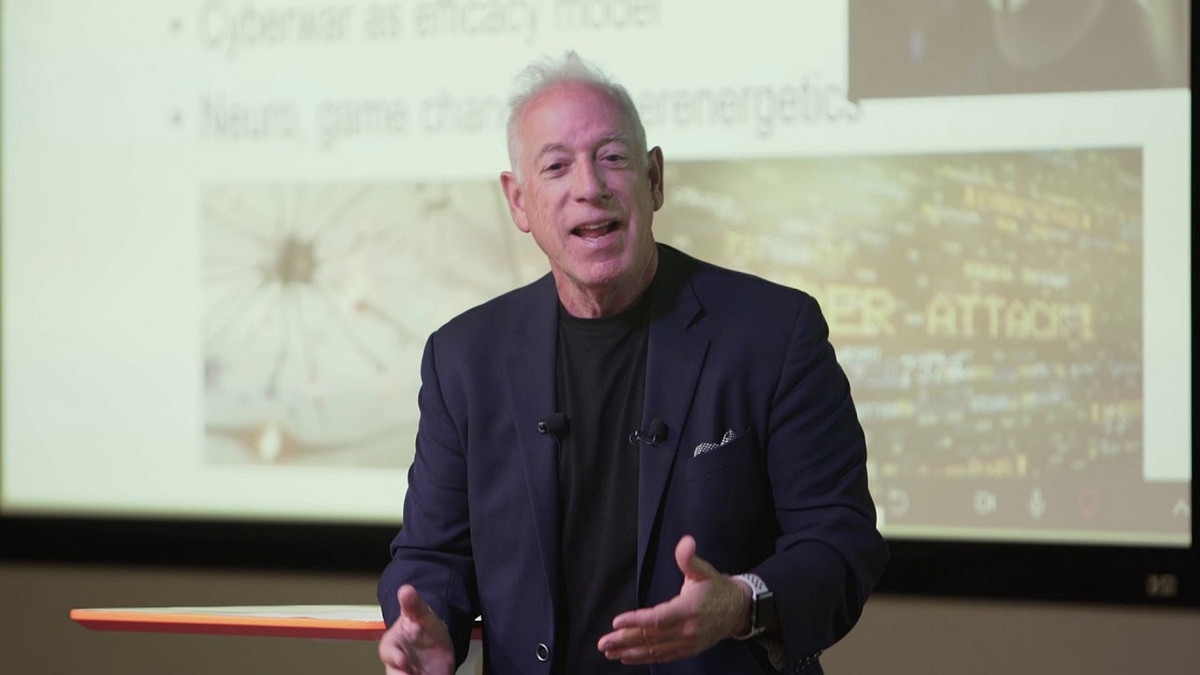
Founder of the Institute for Global Futures in San Francisco, author of the book "Smart Future: Managing Trends That Transform Your World." He worked as a consultant in the White House administration on future trends.
George Friedman
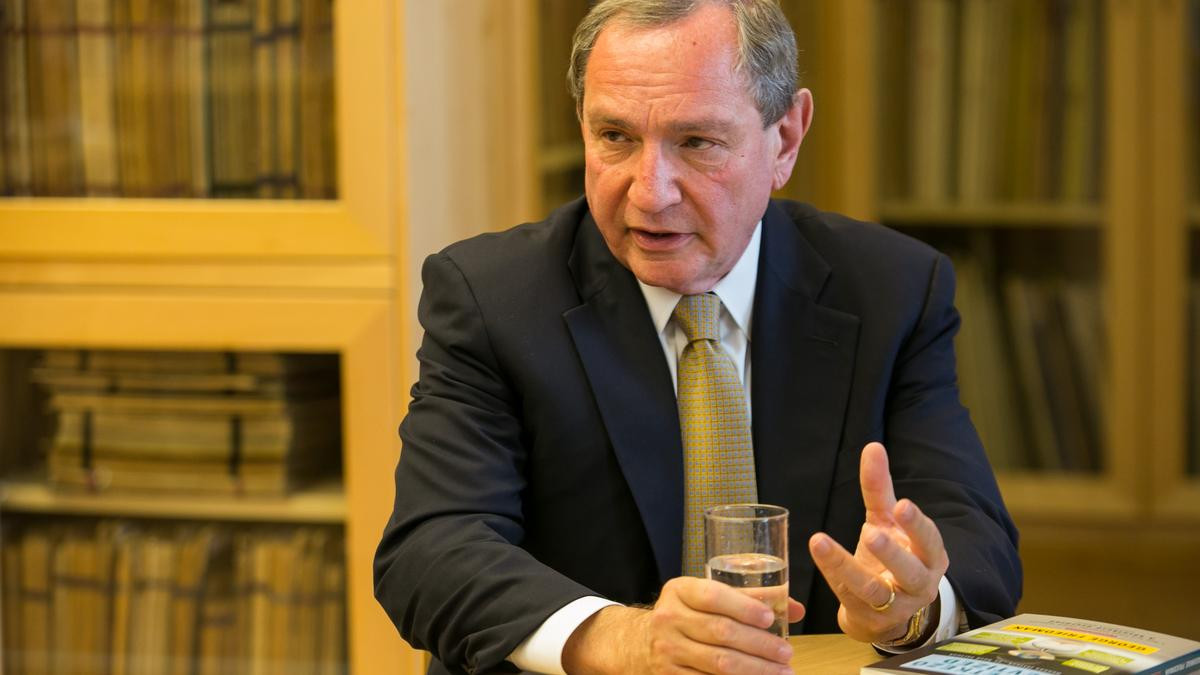
Political scientist, founder and director of the private intelligence and analysis organization Stretfor, which collects and analyzes information about events in the world. Known for several controversial predictions, however, it reflects the opinion of a substantial part of US experts on the development of the European region and neighboring countries.
We have compiled a far from exhaustive list. Someone may want to add another futurologist, visionary or thinker (for example, you like the ideas of Daniel Kahneman, and you are sure that they will change the world in the future) - write your suggestions in the comments.
Source: https://habr.com/ru/post/457568/
All Articles